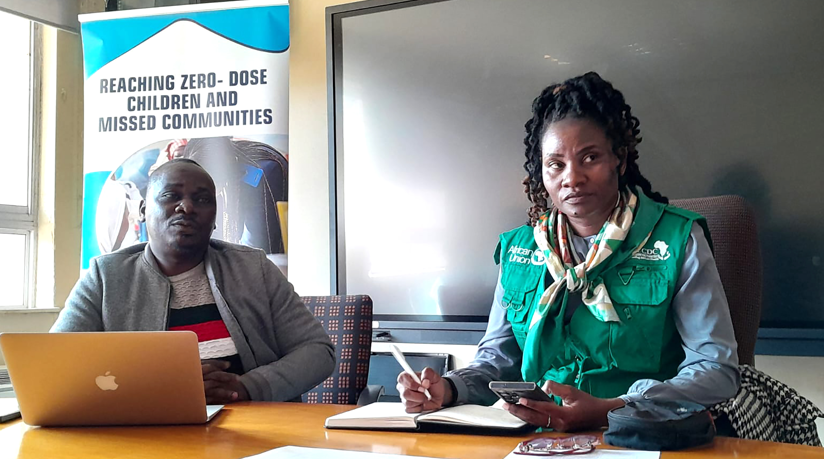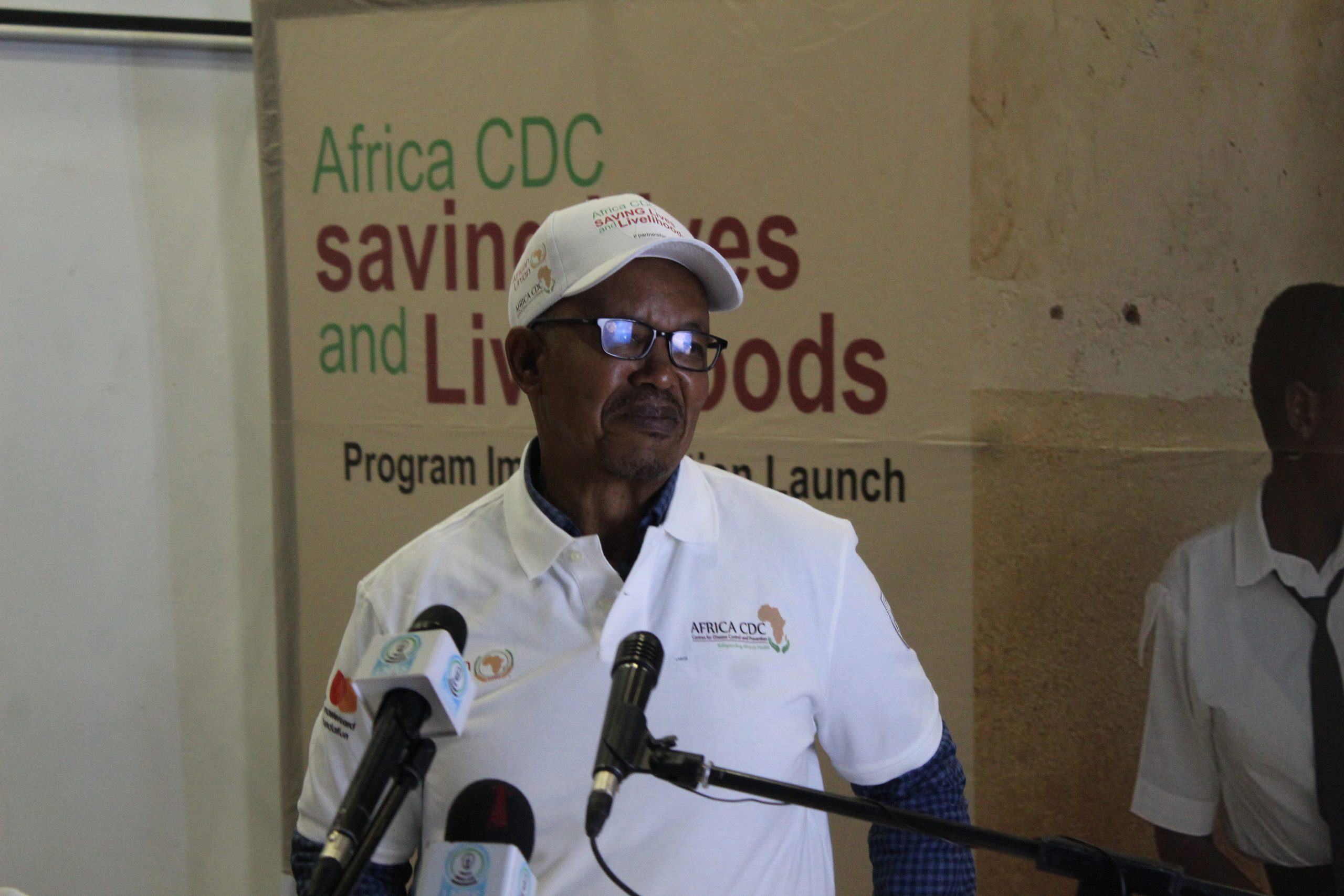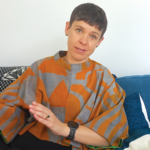In a major step towards bolstering Africa’s public health defences, the Africa Centres for Disease Control and Prevention (Africa CDC) recently convened a high-level Focal Group Discussion in Lesotho, bringing together local media stakeholders to discuss their critical role in Risk Communication and Community Engagement (RCCE).
Held as part of a continent-wide assessment, the session aims to lay the groundwork for a unified, standardised approach to public health communication across all African Union (AU) member states.
Paidamoyo Magaya, head of the RCCE unit at Africa CDC, said the assessment is currently being conducted in 10 AU member states, including Lesotho and Malawi, with support from Gavi, the Vaccine Alliance.
The findings will inform the development of a continental RCCE guideline to improve preparedness and response to disease outbreaks and health emergencies.
“Our mission is to safeguard Africa’s health,” Magaya said. “This exercise is a crucial step in building a harmonised response strategy and ensuring we have effective RCCE systems in place before the next public health emergency hits.”
Magaya stressed the essential role the media plays in public health.
“We understand and appreciate the media’s role in disseminating accurate information, addressing misinformation, reducing stigma, and driving community awareness,” she said.
“This dialogue is a chance for us to understand your experiences, achievements, and challenges in communicating health messages in Lesotho.”
The session promoted open discussion, encouraging media professionals to share their successes, challenges, and how they interact with communities to promote health and behaviour change. It also explored how key institutions like the Africa CDC and Lesotho’s Ministry of Health can better amplify community voices through media partnerships.
Lio Kariko, Africa CDC’s Regional RCCE Technical Officer for Southern Africa, outlined the objectives of the grassroots-level assessments.
“We are assessing how different AU member states implement RCCE behaviour change interventions and tools. This will help us establish a baseline to inform future interventions,” she explained.
Kariko emphasised that RCCE strategies must be rooted in the lived realities of each member state. “By engaging ministries of health, media, and civil society, we’re aiming to understand how public health messages are currently delivered and how we can support improved coordination,” she said.
The assessments will culminate in detailed reports submitted to Gavi and Africa CDC leadership, identifying gaps and areas for support. These findings will guide Gavi’s investments in strengthening RCCE capacity across the continent, tailored to each country’s needs.
Kariko highlighted recurring outbreaks like cholera, malaria, and measles in the Southern Africa region as key motivators for the initiative.
“Outbreaks like measles require strong community engagement and communication strategies to counter vaccine hesitancy and misinformation,” she said.
“The media is the link between the work we do and the people we serve,” Kariko added. “It’s crucial that you not only understand the technical side of our work but that we also learn from your day-to-day realities, what works, what doesn’t, and how Africa CDC can better support collaboration between the media and public health authorities.”
Magaya concluded by reaffirming Africa CDC’s commitment to a member-driven approach. “Everything we do must be guided by the needs and priorities of each member state. Collaboration is the cornerstone of effective public health response.”
Summary
- In a major step towards bolstering Africa’s public health defences, the Africa Centres for Disease Control and Prevention (Africa CDC) recently convened a high-level Focal Group Discussion in Lesotho, bringing together local media stakeholders to discuss their critical role in Risk Communication and Community Engagement (RCCE).
- Held as part of a continent-wide assessment, the session aims to lay the groundwork for a unified, standardised approach to public health communication across all African Union (AU) member states.
- “This exercise is a crucial step in building a harmonised response strategy and ensuring we have effective RCCE systems in place before the next public health emergency hits.

Ntsoaki Motaung is an award-winning health journalist from Lesotho, specializing in community health stories with a focus on sexual and reproductive health and rights, as well as HIV. She has contributed to platforms like “Be in the KNOW,” highlighting issues such as the exclusion of people with disabilities from HIV prevention efforts in Lesotho.
In addition to her journalism, Ntsoaki serves as the Country Coordinator for the Regional Media Action Plan Support Network (REMAPSEN). She is also a 2023 CPHIA Journalism Fellow.








